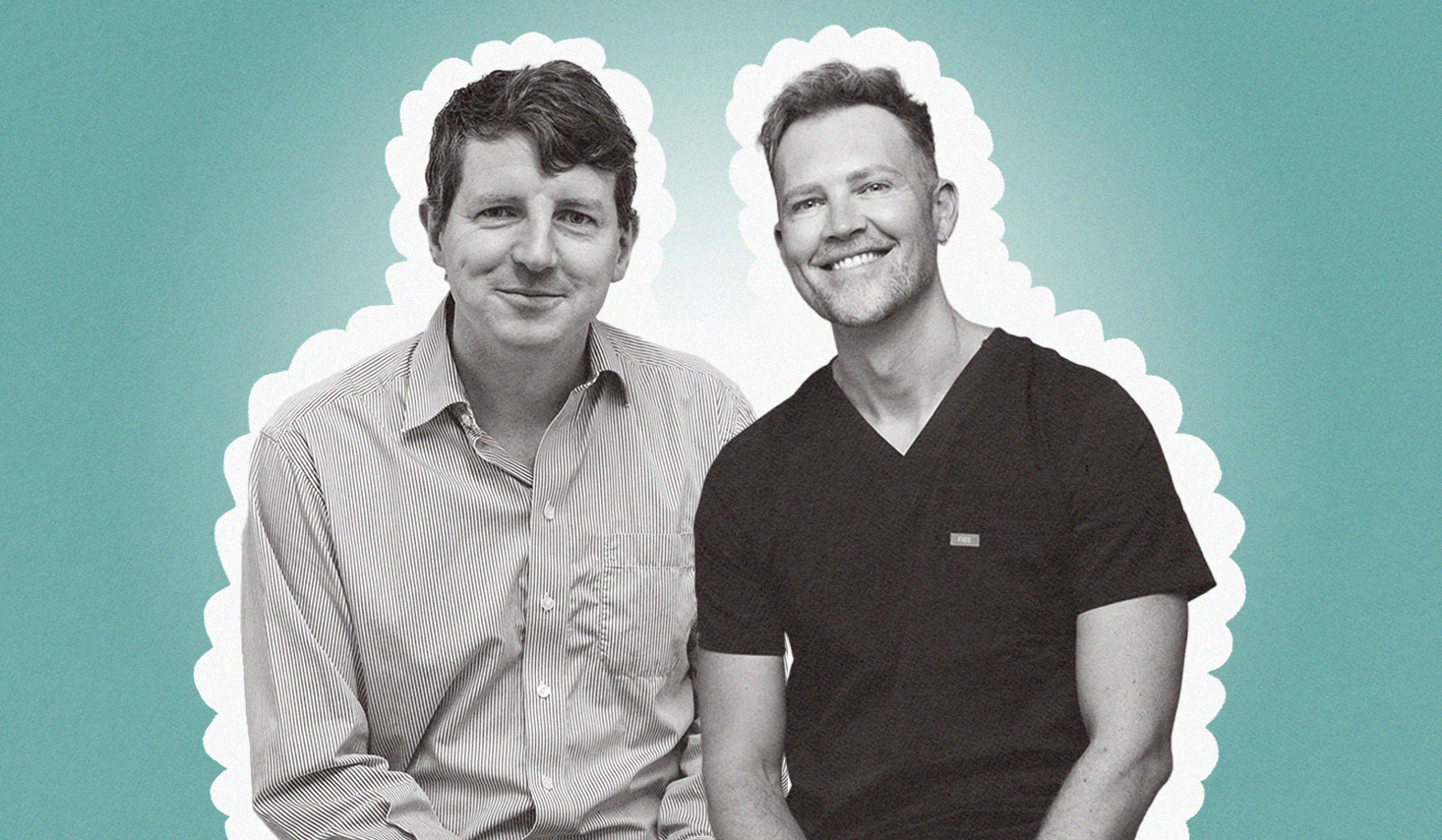
After a private hormone clinic for transgender youth recently became the first of its kind in the UK to receive approval from the Care Quality Commission (CQC), staff are hopeful that the service will be a lifeline for those struggling with their gender identity.
Paul Carruthers, a nurse consultant who is heading up the Gender Plus Hormone Clinic after spending two decades with the NHS, tells GAY TIMES that the approval from England’s independent health watchdog is more important than ever given “what’s going on politically and the discourse around trans healthcare” right now. The CQC’s stamp of approval will allow clinicians working at the clinic to prescribe hormones to patients aged 16 and over while being routinely regulated to ensure that the services are safe, effective and well led. “We welcomed the CQC registration and now that we’ve got it, they’ll come and inspect us,” he continues, “check that all of our policies are up to date, that we’re working to them to a high standard and, importantly, safeguarding our patients, as well as safeguarding my staff as a manager.”
Dr Aidan Kelly, a clinical psychologist specialising in gender identity who founded the Gender Plus Hormone Clinic, explains that “disinformation” surrounding services like his continues to be rife, but hopes the backing of the CQC will reassure those with concerns. “I think identity more broadly,” he adds, “whether it be gender or, you would see it with immigration, we see it in other areas of society, activates and people get really organised around it and passionate for good or bad reasons about this.”
“I think, when you train as a healthcare professional, whether it’s nurses, doctors, psychologists or whatever, you need to leave any of those ideologies or beliefs at the door. It’s like a GP can’t decide not to prescribe someone a contraceptive pill because they don’t believe in it for religious reasons,” Kelly continues. “So, as a healthcare professional, we have to leave that at the door to provide the same care to everyone you see and so you have to look after the people for whom a medical pathway may be the right thing, but equally in the same way have the same level of care for those for whom a medical pathway might not be the right thing.”
Not everyone will be prescribed hormones and those who are must first have undergone at least six rounds of assessment by a team of clinical psychologists. “My goal is to help people feel happier, more content in life, engaged in life and getting some enjoyment from life,” adds Kelly. “Whether that means going on hormones or not is secondary to me and it should be for all of our clinicians and I know that is very much the case in Gender Plus.”
Carruthers further explains that the team starts by finding out what the patient wants before creating “an informed consent model” with them. “That’s where I talk to them about all the benefits of hormones,” he says, “and the benefits that they are really invested in are the physical changes to their body, but also the risks that come with medication. That’s not to put them off or scare them – every medication has a risk and it’s my job to make sure that everybody’s aware of that – just the same as if you’re going to have a general anaesthetic and you get told about the risks there. So, once I understand that they understand the risks and they sign the consent form, they begin their hormone treatment.”
At present, young people questioning their gender identity face a staggering five year wait for a first appointment with the NHS, according to BBC News. Many then grapple with the option of going private for their care, though this can be a costly decision that some can’t afford to make. First appointments for a gender assessment at Gender Plus, for example, cost £275, but this is something Carruthers and Kelly know comes with accessibility issues.
“We know we’re going to be heavily scrutinised, we know there’s a lot of interest in it, and so we’ve set it up in the most comprehensive way possible,” the latter explains. “But unfortunately, one of the downsides to that is that it means a lot of expertise which brings a lot of cost, and so we know we’re not accessible to everyone financially and so that does mean that there are many, many people out there who simply have no functioning pathway available to them.”
Kelly highlights that the impending closure of the only NHS gender clinic for children in England and Wales will undoubtedly impact a number of trans people, making services like the Gender Plus Hormone Clinic all the more important – even if the cost is high. “We are a clinician-led team that do this based on how passionate we are about the work and we would love to be able to offer this in a public provision,” he says. “But, with the way things went with [the Gender Identity Development Service (Gids)] and it being closed down and, in a way, those new services seemingly not wanting to take on any of the old Gids staff, it felt like this is the only way that we could continue to offer and use our expertise and make it available to the public.”
Carruthers adds that the team behind the clinic is looking at “different ways” to improve accessibility in the future, for example by providing educational resources and offering the team’s expertise to the NHS. “We’ve also employed a research lead to the team,” he shares, “who financially doesn’t bring any income into Gender Plus, but gives back to the community because we’re able to present research on our patient caseload. We are aware of our accessibility, but we’re doing the best we can and we’re very conscious, we’re all ex-NHS clinicians, so, it’s something that we’re quite conscious of and making ourselves as accessible as possible.”
Now that the CQC approval has been secured, both Kelly and Carruthers are more focused than ever on providing the best service possible – even in the face of the onslaught they face from social commentators and certain aspects of the media. “It was sad when I was working in the NHS, morale had become really low,”says Carruthers. “When there was an opportunity for us to come together and provide a holistic wraparound service, quick access to care, we sort of jumped at it. I think moving across [to Gender Plus], morale has definitely risen and we’re a good, well-knit team and we all feel passionately about the trans community.”
Kelly echoes this, stating that the staff at the Gender Plus Hormone Clinic are “very committed to the field” after spending so long working in it. “The opportunity to continue to do this thing that we love, we feel passionate about in itself and that is a morale booster…When we can be happy with the work we’re doing, then we deliver a better standard too.”


